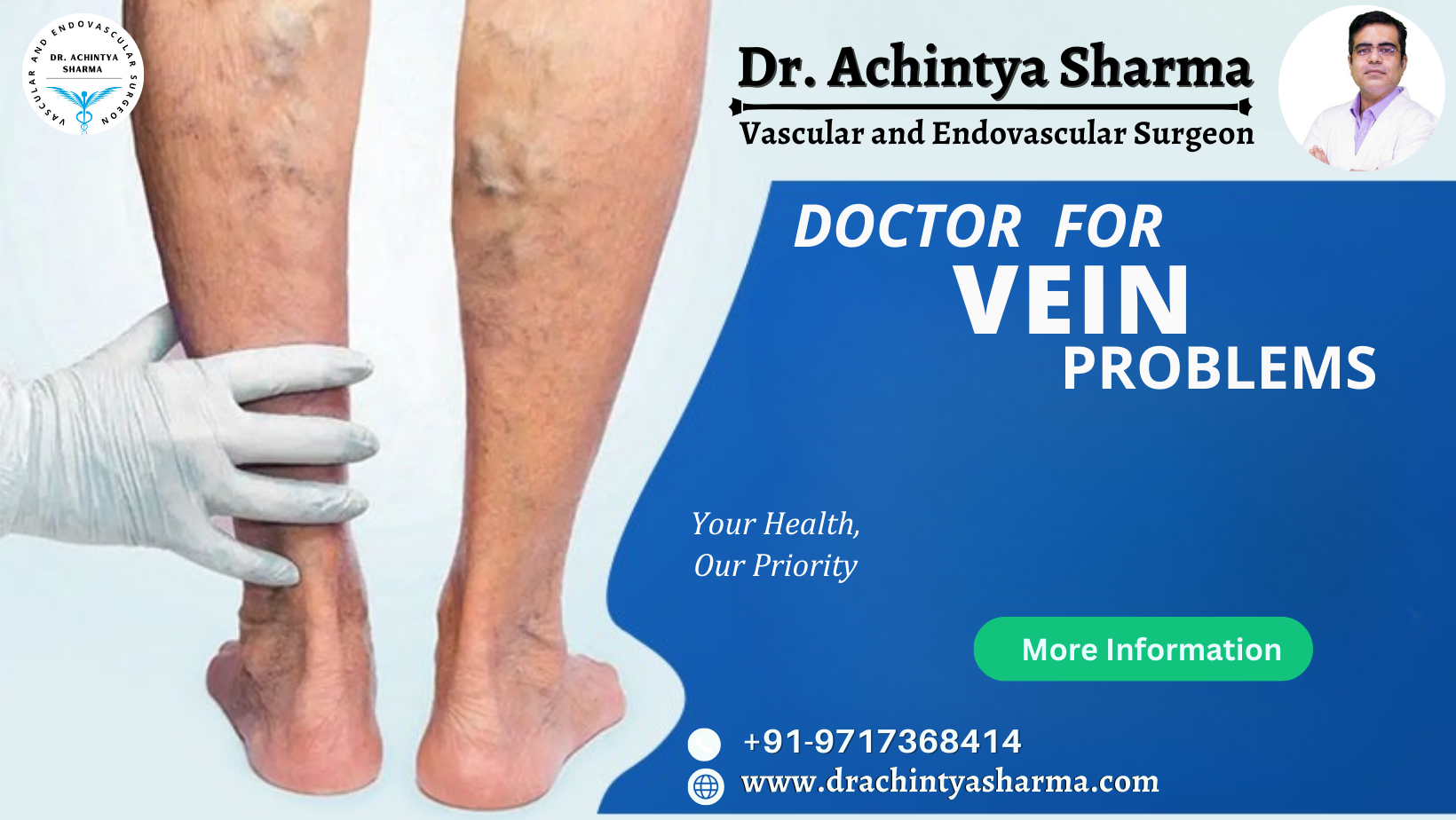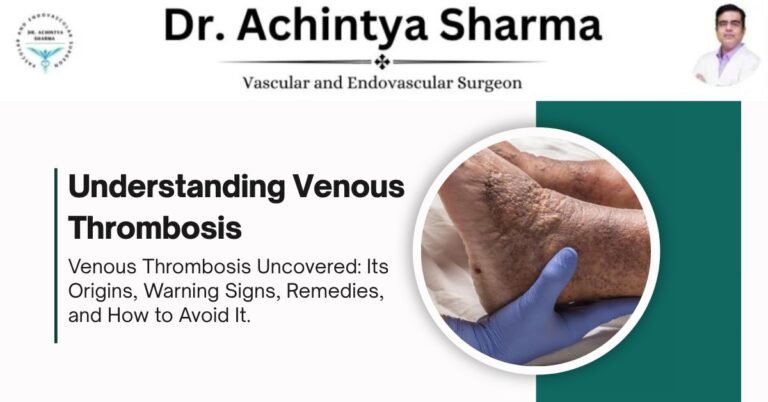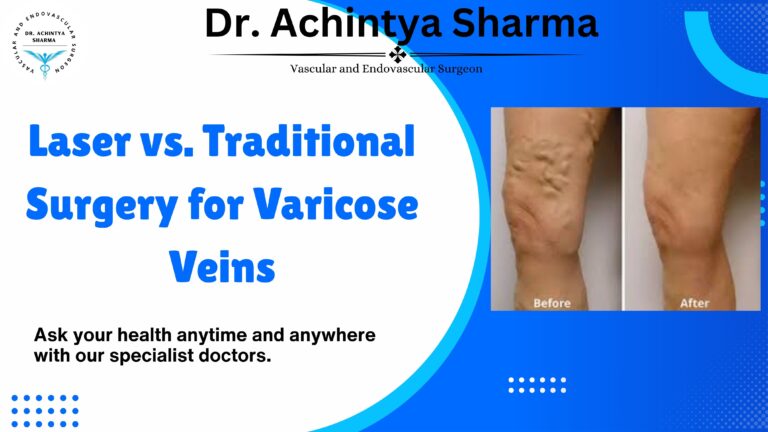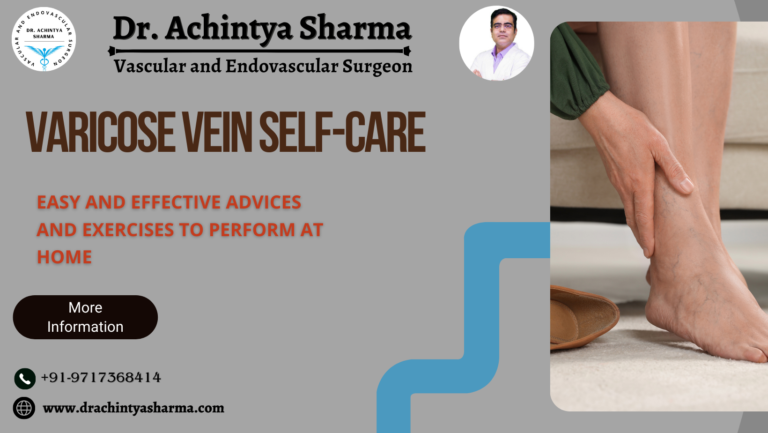Navigating the realm of healthcare can be daunting, especially when faced with vein problems that require specialized attention. Dealing with vein problems can be more than just a cosmetic issue; it can significantly impact your health and quality of life. Whether it’s varicose veins, spider veins, or more serious venous disorders, finding the right doctor for vein problems is crucial for effective treatment and recovery.
We’ll investigate fundamental elements, including certifications, experience, and specialization in venous circumstances. Figuring out the subtleties of various treatment choices, from moderate measures to cutting-edge careful mediations, is fundamental in guaranteeing customized care lined up with your requirements, and inclinations. Also, we’ll talk about the meaning of correspondence, patient tributes, and admittance to best-in-class innovation in your dynamic cycle. In this blog post, we’ll guide you through the process of identifying and choosing the best vein specialist for your needs.
Understanding Vein Problems

Before diving into the selection of a doctor for vein problems, it’s essential to understand common vein issues. Vein problems often manifest as visible signs like varicose veins, which are large, raised, swollen blood vessels that usually develop in the legs. Spider veins, while smaller and less pronounced, can also be unsightly and uncomfortable. In more severe cases, patients may experience pain, swelling, or even ulcers.
Types of Vein Specialists are
Phlebologists: These are doctors who specialize in vein diseases. Phlebologists are well-versed in the latest treatments and technologies in vein care.
Vascular Surgeons: They deal with a broader range of vascular diseases and are trained in surgical procedures related to vein problems.
Dermatologists: Some dermatologists also treat vein issues, especially when they are more cosmetic, like spider veins.
Interventional Radiologists: These specialists use minimally invasive imaging techniques to diagnose and treat vein problems.
How to Find a Vein Specialist
Credentials and Experience: Check their qualifications, including board certifications, and look for a specialist with extensive experience in treating vein problems.
Treatment Options: A good vein specialist should offer a range of treatments, from conservative methods like compression stockings to advanced procedures like sclerotherapy or laser treatments.
Patient Reviews and Testimonials: Look for feedback from previous patients to gauge the doctor’s reputation and success rates.
Insurance and Cost: Ensure the specialist’s services, including varicose veins surgery cost, are covered under your insurance plan, or understand the costs if you are paying out of pocket.
Questions to Ask Your Vein Doctor
What are the most effective treatments for my specific vein problem?
What are the dangers and advantages of every treatment choice?
How many procedures like mine have you performed?
What can I expect during the recovery process?
Conclusion
Selecting the right doctor for vein problems is paramount for optimal health and well-being. This expert guide has outlined key considerations to aid in this crucial decision-making process. Firstly, understanding the qualifications and specialties of potential doctors ensures they possess the necessary expertise in treating vein-related issues. Secondly, exploring their experience and track record through patient reviews and referrals can provide valuable insights into their competency and patient satisfaction. Additionally, assessing the technology and techniques utilized by the doctor and their clinic can indicate their commitment to delivering effective and advanced treatments. Lastly, establishing clear communication and a comfortable rapport with the chosen doctor fosters trust and facilitates a collaborative approach to treatment. By diligently considering these factors, individuals can confidently navigate the selection process and entrust their vein health to a qualified and compassionate medical professional, thereby promoting optimal outcomes and quality of life.




